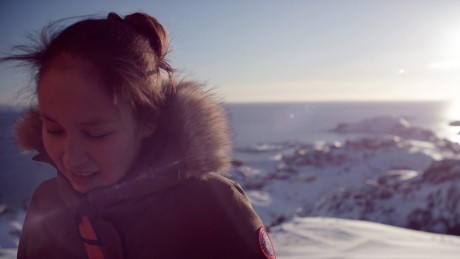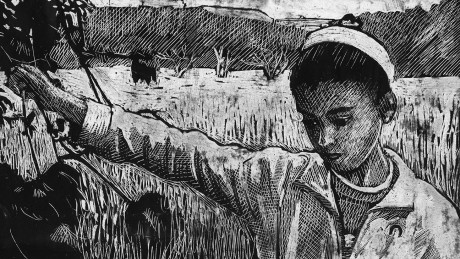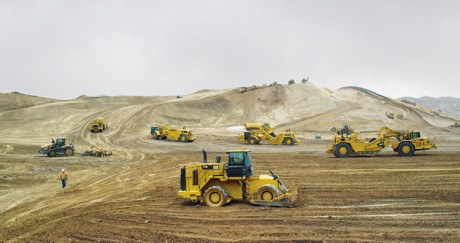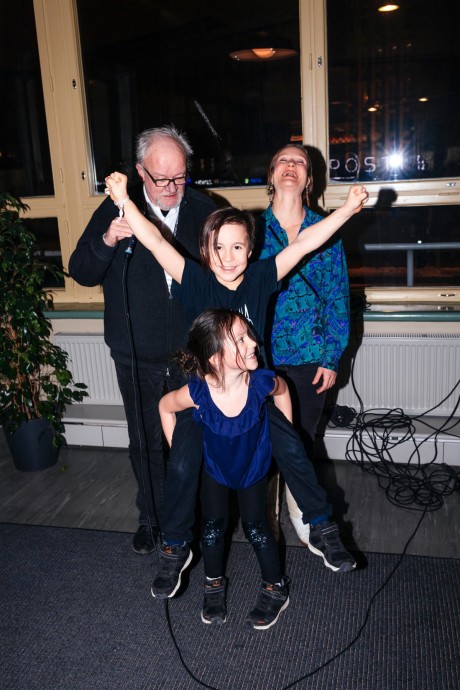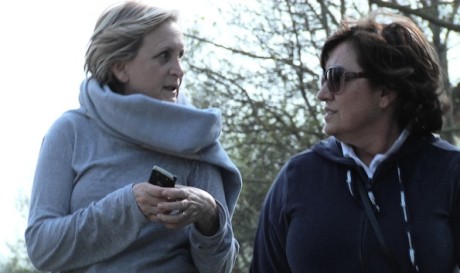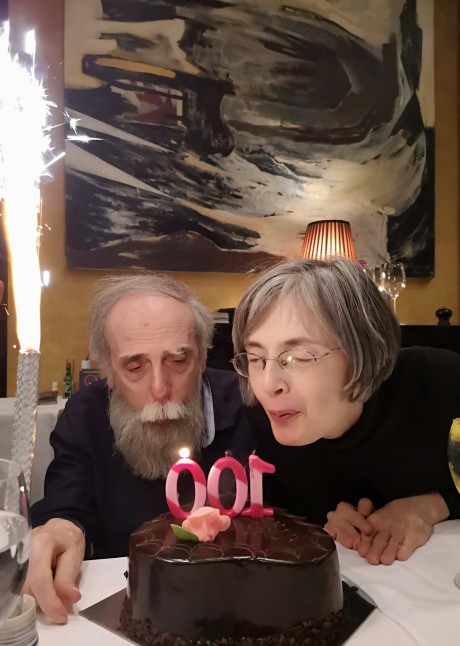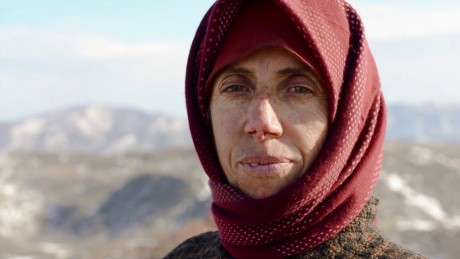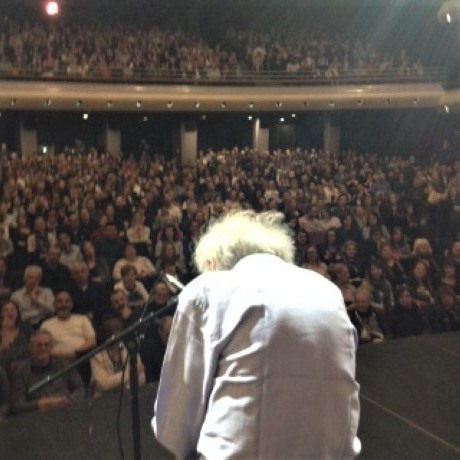


Hot Docs Canadian Intl. Doc Festival
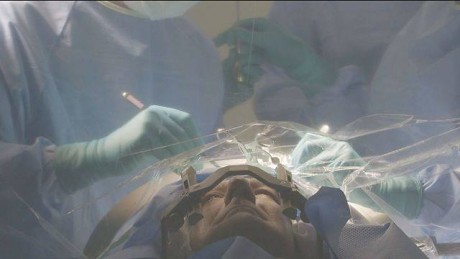
Gosh, it’s big, the upcoming festival in Toronto. This is what is said on the website: “Hot Docs, North America’s largest documentary festival, offers an outstanding selection of over 200 films from Canada and around the world to Toronto audiences of more than 200,000.” On another place of the site, it is more precise: 232 films from April 25 to May 5.
It is a complicated website to navigate, with many sections, I went from one to the other ending up finding the solution: download the schedule, scroll down and it will be easier to see what is being screened. Link below. Let me also mention that there is a big industry section.
All right, let me mention some of the films I was happy to find in different
sections – films that filmkommentaren has reviewed or commented on, or films I know about from rough cut screenings:
In “Special Presentations” you find Heddy Honigmann’s “Buddy”, screened at Magnificent7 in Belgrade last week (http://www.magnificent7festival.org/en/prijatelj.php), Mads Brügger’s “Cold Case Hammarskjöld” and Fredrik Gertten’s “Push” (that will be at DocsBarcelona as well).
In “World Showcase” you find the Iranian „Beloved” by Yaser Talebi, that was at Doker festival in Moscow, Reetta Huhtanen’s “Gods of Molenbeek” (a big hit at http://www.magnificent7festival.org/en/atos_i_amin.php) and I was very happy to find Andrei Kutsila’s Polish/Belarussian “Strip and War” to have North American premiere as will Serbian Andrijana Stojkovic with her “Wongar” (http://www.filmkommentaren.dk/blog/blogpost/4137/).
In “Made in Italy” you – of course – find Claudia Tosi and her “I Had a Dream” (http://www.filmkommentaren.dk/blog/blogpost/4389/) and Valentina Primavera’s “Una Primavera”, that soon will be reviewed on this site.
And bravo that the festival has a section with the precise name “The Changing Face of Europe”, that includes the fascinating Lithuanian “Acid Forest” by Rugilé Barzdžiukaitė (http://www.filmkommentaren.dk/blog/blogpost/4379/), the premiere of Latvian Kaspars Goba’s “Inga Can Hear” and Marie Skovgaard’s “The Reformist – a Female Imam” that opened CPH:DOX (http://www.filmkommentaren.dk/blog/blogpost/4484/)
In the “Artscape” there is the encounter with Marceline Loridan-Ivens, “A Woman. A Century” made by French Cordelia Dvorak and the impressive Polish “Symphony of the Ursus Factory” by Jasmina Wojcik. And finally – in the “Animal Magnetism” there is another Lithuanian fascination, “Animus Animalis” (A Story about People, Animals and Things) by Aisté Zegulyté, as well as the film that might end up being the most festival wanted documentary of the year, “Honeyland” by Ljubomir Stefanov and Tamara Kotevska (http://www.magnificent7festival.org/en/zemlja_meda.php), opening film at Magnificent7 in Belgrade and the upcoming Cinédoc in Tbilisi.
And one more to mention, Pernille Rose Grønkjær’s ”Hunting for Hedonia” praised by Allan Berg on this site (http://www.filmkommentaren.dk/blog/blogpost/4495/)
Most of the films are screened 3 times, many are already sold out but if you come in good time, there is a chance… The Toronto audience are being treated very well with this festival.
https://www.hotdocs.ca/p/hot-docs-festival
https://s3.amazonaws.com/assets.hotdocs.ca/doc/HD19_Screening-Schedule.pdf?ep=1
